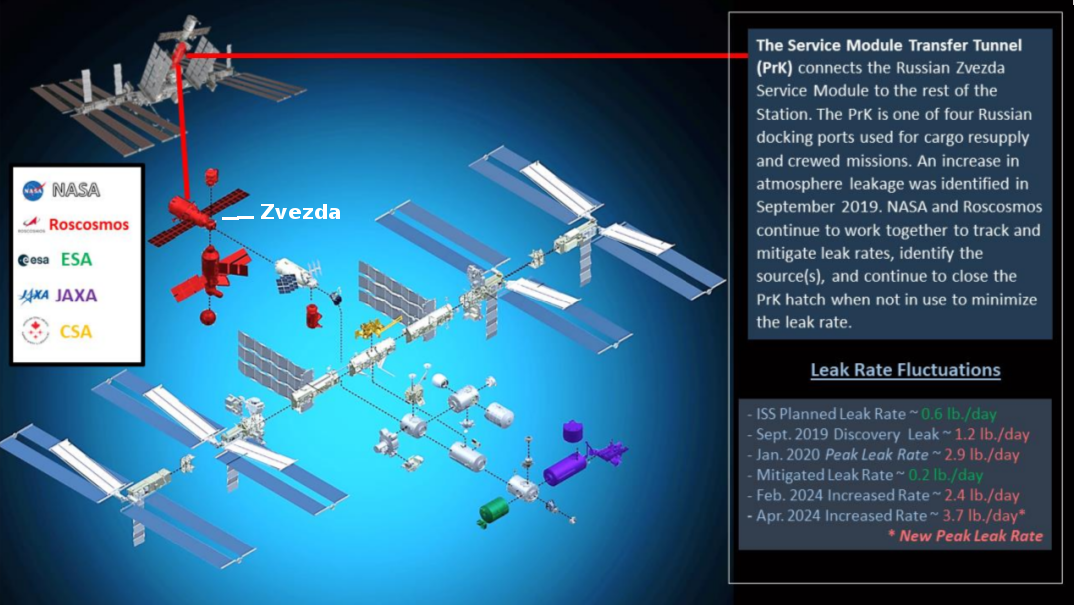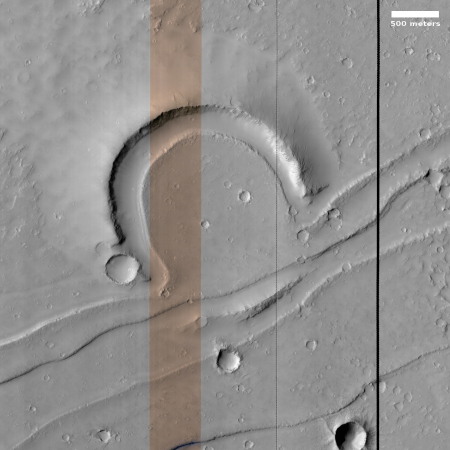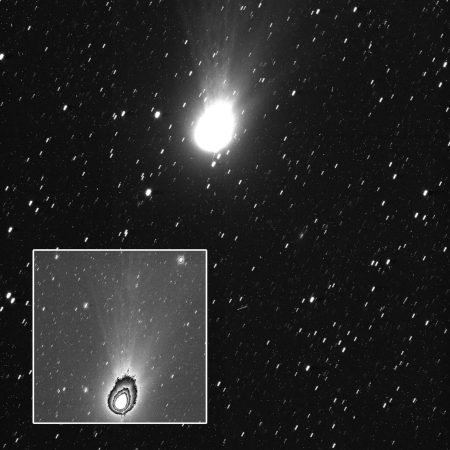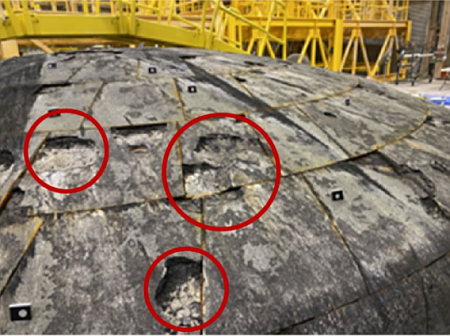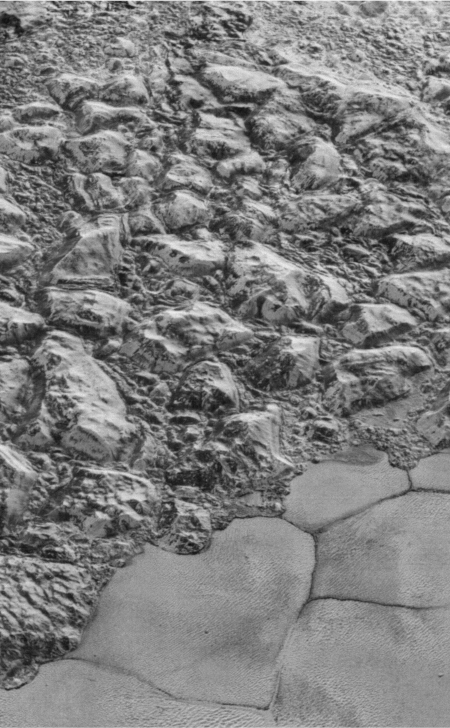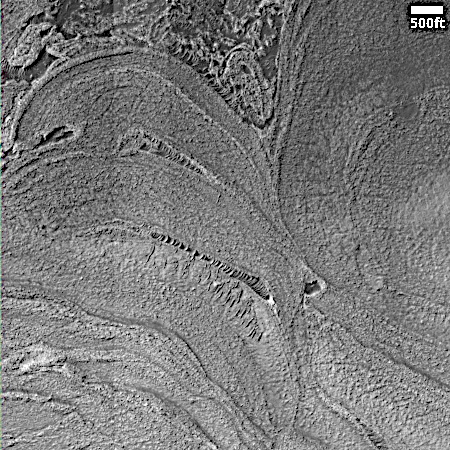March 2, 2026 Quick space links
Courtesy of BtB’s stringer Jay, who is off on a two week vacation, so no quick links for awhile. This post is also an open thread. I welcome my readers to post any comments or additional links relating to any space issues, even if unrelated to the links below.
- Video of Iranian ballistic missile being destroyed by American technology in the stratosphere, mid-arc, outside Earth’s atmosphere
It is amazing how effective the U.S. military has suddenly become, simply because it now has good and firm leadership focused on defeating tyrants.
- On this day in 2002, the fourth servicing mission to Hubble was launched
Astronauts installed the Advanced Camera for Surveys, improving its imaging capability 10-fold. The camera is still working, almost a quarter of a century later.
- On this day in 2007, New Horizons captured a 200-mile-high plume erupting on Jupiter’s moon Io
The spacecraft was on its long journey to Pluto, using Jupiter to slingshot it on its way.
Courtesy of BtB’s stringer Jay, who is off on a two week vacation, so no quick links for awhile. This post is also an open thread. I welcome my readers to post any comments or additional links relating to any space issues, even if unrelated to the links below.
- Video of Iranian ballistic missile being destroyed by American technology in the stratosphere, mid-arc, outside Earth’s atmosphere
It is amazing how effective the U.S. military has suddenly become, simply because it now has good and firm leadership focused on defeating tyrants.
- On this day in 2002, the fourth servicing mission to Hubble was launched
Astronauts installed the Advanced Camera for Surveys, improving its imaging capability 10-fold. The camera is still working, almost a quarter of a century later.
- On this day in 2007, New Horizons captured a 200-mile-high plume erupting on Jupiter’s moon Io
The spacecraft was on its long journey to Pluto, using Jupiter to slingshot it on its way.


